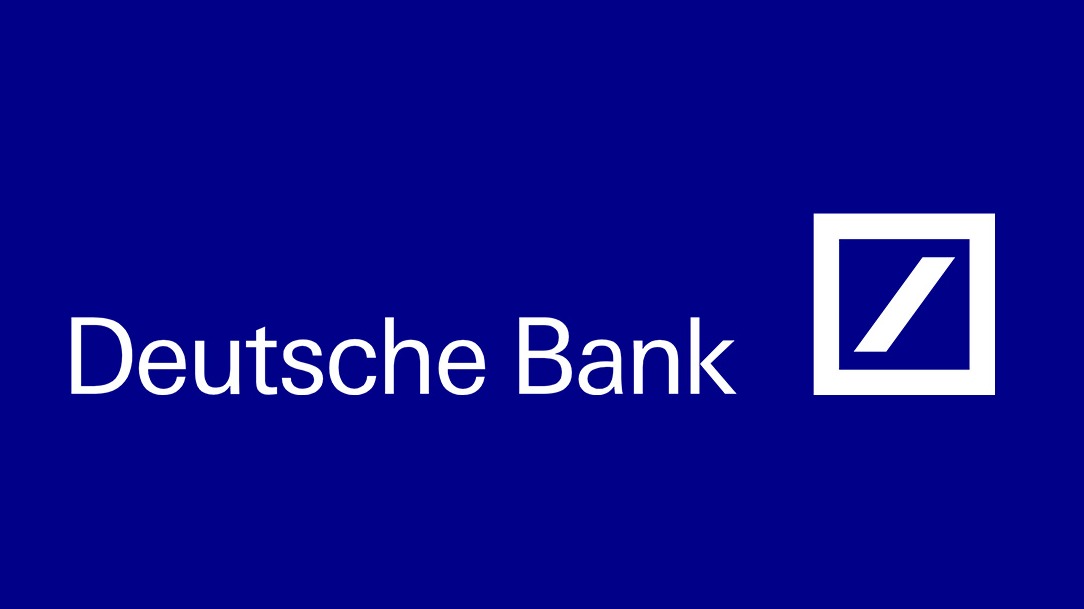Germany’s Deutsche Bank has completed a years-long technology integration with Postbank, over a decade after first acquiring the former savings division of Deutsche Bundespost.
On Monday, Germany’s largest bank said that it had wrapped up the fourth and final phase of a tech integration which has caused it issues since the takeover in 2012. Deutsche Bank said that the move would lead to cost savings of €300 million from 2025.
Deutsche Postbank was formed from the demerger of the postal savings division of Deutsche Bundespost in 1990. It was acquired by Deutsche bank during the 2008 global financial crisis and operates as a brand of Deutsche Bank's retail arm. It serves 13 million customers in around 1,000 branches and 700 advisory centres.
Deutsche Bank however has struggled to complete its integration, with some customers not being able to access all services during the period.
Over the past weekend, the bank transferred a final tranche of 4 million contracts of 2 million Postbank customers to a common IT system as part of a drawn-out integration project dubbed 'Unity'. Deutsche Bank had hoped to complete the Unity programme last year, but faced technical difficulties and had to keep the old systems running at a cost to the bank.
With the integration completed, Deutsche Bank now has 19 million customers' contracts from Postbank on a single platform. The bank will now begin to decommission Postbank hardware and software in a further effort to find savings.
Latest News
-
Gemini to cut quarter of workforce and exit UK, EU and Australia as crypto slump forces retrenchment
-
Bank ABC’s mobile-only ila bank migrates to core banking platform
-
Visa launches platform to accelerate small business growth in US
-
NatWest to expand Accelerator programme to 50,000 members in 2026
-
BBVA joins European stablecoin coalition
-
eToro partners with Amundi to launch equity portfolio with exposure to ‘megatrends’
Creating value together: Strategic partnerships in the age of GCCs
As Global Capability Centres reshape the financial services landscape, one question stands out: how do leading banks balance in-house innovation with strategic partnerships to drive real transformation?
Data trust in the AI era: Building customer confidence through responsible banking
In the second episode of FStech’s three-part video podcast series sponsored by HCLTech, Sudip Lahiri, Executive Vice President & Head of Financial Services for Europe & UKI at HCLTech examines the critical relationship between data trust, transparency, and responsible AI implementation in financial services.
Banking's GenAI evolution: Beyond the hype, building the future
In the first episode of a three-part video podcast series sponsored by HCLTech, Sudip Lahiri, Executive Vice President & Head of Financial Services for Europe & UKI at HCLTech explores how financial institutions can navigate the transformative potential of Generative AI while building lasting foundations for innovation.
Beyond compliance: Building unshakeable operational resilience in financial services
In today's rapidly evolving financial landscape, operational resilience has become a critical focus for institutions worldwide. As regulatory requirements grow more complex and cyber threats, particularly ransomware, become increasingly sophisticated, financial services providers must adapt and strengthen their defences. The intersection of compliance, technology, and security presents both challenges and opportunities.
© 2019 Perspective Publishing Privacy & Cookies













Recent Stories